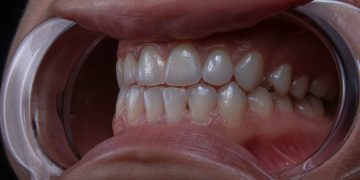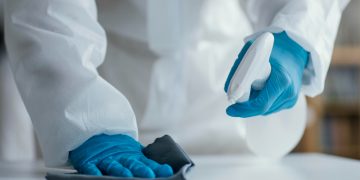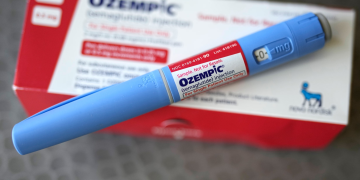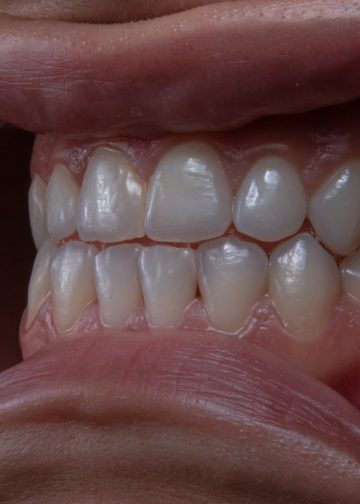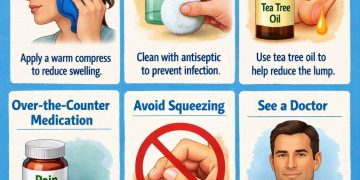A recent study about vitamin D has turned people’s attention toward this vitamin again.
This theory suggests that Vitamin D could be a potential defense against Covid19.
We don’t how much truth this hypothesis holds but that your bone nutrition depends on Vitamin D.
Is Sun your Bone's Best Buddy? Importance of Vitamin D for Skeletal nutrition
This vitamin helps in absorption of calcium in bones and since sun is the major source of this vitamin, it makes it your bones best buddy. This Vitamin along with calcium are base for healthy skeletal nutrition.
Historically, it was a bone disease that led to the discovery of Vitamin D.
For centuries, rickets, a rare childhood disorder, was a major concern for the world. Bones bend and soften in this condition.
Many experiments were conducted and it wasn’t until 1919 that finally a cure for rickets was discovered. In the experiment children with rickets were exposed to UV rays. These rays cured them, not just the part that was exposed to rays but the whole body.
This experiment gave the baseline for the discovery of vitamin D3. Performing the same experiment on adults revealed that osteoporosis and osteomalacia could be prevented too.
Later, cod liver oil also showed a reduction in bone disorders just like Sun.
As time passed, scientists discovered that this vitamin is related to calcium and phosphorus absorption in the body.
Both of these minerals are required in bones and teeth development.
But what is Vitamin D?
Vitamin D is a lipid-soluble vitamin.
Initially known as vitamin A, this vitamin didn’t get its own identity until 1922.
This vitamin is unique as compare to others because it could be obtained from the sun. Therefore, some people call it sunshine vitamin too.
In human nutrition, two types of vitamin D are important.
- Ergocalciferol (Vitamin D2) Found in plants and fortified food
- Cholecalciferol (Vitamin D3) Produced in body and found in some oily fish
The inclusion of vitamin D3 in the diet is overall beneficial than D2.
Although needed in a very minor amount, obtaining it is one of the major hurdles.
The sun might be the easiest and cheapest source of this vitamin, yet about 50% of the world suffers from its deficiency. This might be due to environmental conditions and some other factors.
Sources of Vitamin D

Vitamin D is present in very few foods. It is also fortified in some food. The body can synthesize is when UV rays from sun contract skin.
The dietary sources include;
- Salmon – 444 IU per 85 grams.
- Canned Tuna – 228 IU per 85 grams.
- Cod Liver Oil – 452 IU per teaspoon
- Mushrooms – 316 IU per 35 grams
- Juice (Fortified) – 100 IU per 170 gram
- Milk (Fortified) – 116 IU per cup
- Cereal (Fortified) – 100 IU per cup
- Egg Yolk – 40 IU in 50 gram
Most of the people get this vitamin from supplements and fortified food.
Why is Vitamin D important?

You might be surprised to know that bone nourishment is not the only role of this vitamin.
Recently, researchers are exploring its useful effect on the immune system and cell differentiation.
Bone Nutrition
Calcium is important for bones and teeth development, but it is vitamin D that increases calcium absorption. Additionally, calcium also helps in muscle contraction, nerve impulse, and blood clotting.
All of this ultimately points toward the importance of this vitamin.
Kidneys and GI tracts play an important role in calcium absorption and reabsorption. It is the breakdown of bones that gives calcium to blood.
So, it is necessary to have enough calcium absorption.
When there is not enough calcium absorption, the body will be forced to break down calcium from bones by activating osteoclast. This returns the level of calcium in the blood back to normal but weakens the bone. Resulting in bone disorders.
Cancer Prevention
The American Cancer Society described in Nutritional and physical activity guidelines that there is evidence that shows vitamin D might protect against some cancers. These include skin, colon, breast and prostate cancer
In the human body, the cells divide over and over again. At some point, these cells are differentiated into different types like skin, muscle, nerve, and blood cells.
The cancer cells have the ability to abnormally multiply without differentiation.
Vitamin D can help in the regulation of cell differentiation. It can stop cell growth and start differentiation.
Due to this ability of vitamin D, the researcher is investigating its possible role in protection against certain cancers.
Overall the studies have shown mixed results, but there is still a potential that vitamin D might help prevent cancer.
Role in immunity:
A case study also suggested that vitamin D supplementation might reduce respiratory tract infection in children including pneumonia and influenza.
Vitamin D may possibly target cells of the immune system. Therefore, its deficiency might affect immunity too.
It may possibly increase the secretion of antimicrobial peptides which can increase mucus production.
So it is possible that vitamin D may prevent certain types of flu.
Other Roles
Sunshine vitamin has proven to treat certain other disorders.
- Psoriasis, a skin disorder, could be treated with an ointment containing Vitamin D3.
- If parathyroid glands failed or are removed during surgery, vitamin D supplement can make up for parathyroid hormones (PTH).
- Few pieces of evidence suggest that it may protect again tuberculosis and gum inflammation.
Risk group for vitamin D deficiency

Deficiency of sunshine vitamin results in osteoporosis, osteomalacia, and rickets.
Mainly skin color, sun exposure, medication, alcohol, clothing and diseases could affect its absorption.
Following groups of individuals are at more risk than others:
- Infants
- Adolescents
- Pregnant and Nursing Women
- Elders
Infants need more calcium for skeletal growth.
In adolescents, another rapid growth of bones occurs which requires more vitamin D. A pregnant woman needs this vitamin for fetus development.
People stay indoor during old age and the function of certain organs decreases by age. Therefore, vitamin requirement in elders is greater.
How much dosage is required?

The dietary requirement varies from person to person. Depending on age and certain environmental factors.
To maintain a healthy amount of vitamin D in the body, Food and nutrition board (FNB) has recommended the following intake per day.
- 0-12 months – 400 IU
- 1-70 years – 600 IU
- 70 years and above – 800 IU
In some cases, a dose of 1500-2000 IU of vitamin D is suggested. This is to restore vitamin deficiency in adults.
Some treatments also give 50,000 IU weekly or monthly instead of daily dosage.
Toxicity of Vitamin D
Some people have a habit of stockpiling stuff when they find out that it might be good for them.
This might happen with vitamin D too, but remember your body has limitations too. Always consult a health professional for dosage.
The toxicity causes hypercalcemia. The amount of calcium in blood increase in this condition.
This could result in,
- High Blood Pressure
- Nausea
- Vomiting
- Weakness
- Excessive Thirst
- Calcium deposits in the heart, lungs, kidney and blood vessel
- Kidney damage or failure.
- Death
All these harmful effects might scare you, but fear not, toxicity rarely occurs. Only an overdose of supplement cause toxicity.
There isn’t any case related to toxicity by too much sun. Also, the chances of hypercalcemia are only higher if the amount of calcium (along with this vitamin) is also high in diet.
Conclusion
- There is enough evidence that shows sunshine vitamin is important for skeletal nutrition
- Vitamin D plays an important role in cell differentiation and bone health.
- Deficiency results in bone disorders especially in high-risk groups like elders, infants, and pregnant and nursing women.
- Toxicity is rare but might occur and cause hypercalcemia.





